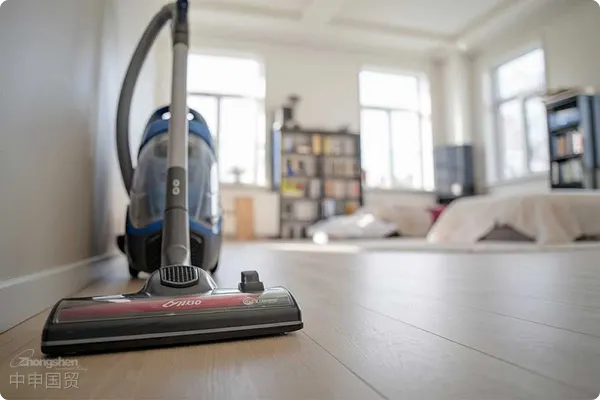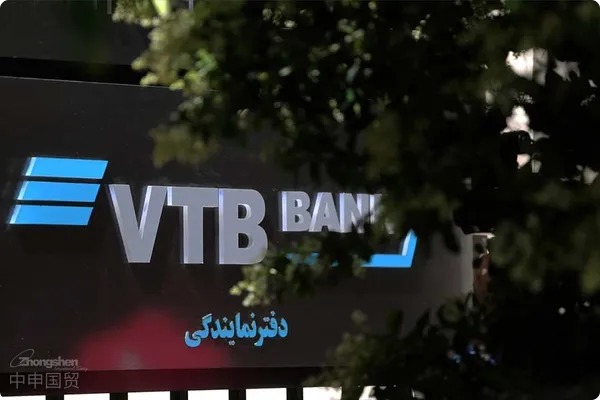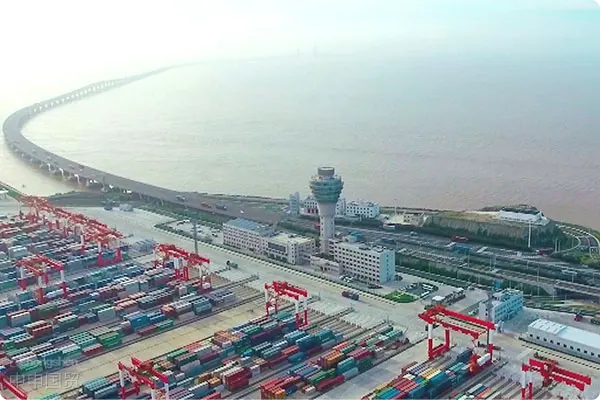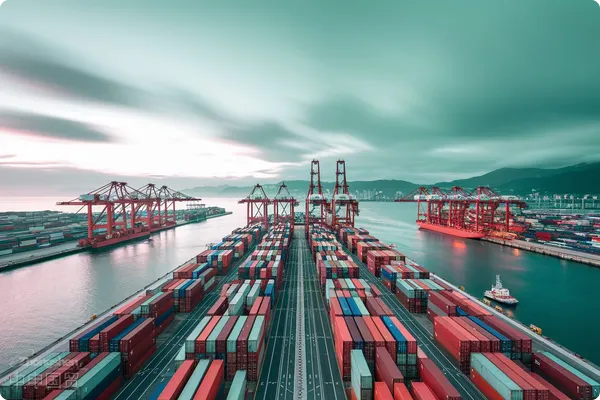- Shanghai Zhongshen International Trade Co., Ltd. - Two decades of trade agency expertise.
- Service Hotline: 139 1787 2118
Exporting vacuum cleaners to the Japanese market requires not only understanding local regulations but also ensuring compliance with specific safety standards and obtaining relevant certifications. Among these, the most important arePSE certificationandMETI filing, which are key to ensuring smooth customs clearance. Today we will guide you through these two processes in detail to help you successfully enter the Japanese market.

I. PSE certification
PSE (Product Safety of Electrical Appliances and Materials) Certificationis a mandatory safety certification implemented by Japan for electrical appliances and materials. Products like vacuum cleaners typically fall under the circular PSE category, meaning they are considered general-risk products.
Handling Process:
- Consult Testing Agencies: First, contact qualified third-party testing agencies to understand specific product certification requirements, pricing, and timelines.
- Sign Contract and Submit Samples: Sign a service contract with the testing agency and submit samples for testing as required.
- Prepare Documentation: Prepare and submit required documents, including but not limited to the PSE certification application form, CB report (with Japanese deviation tests), circuit diagrams, safety-related PCB design drawings, structural datasheets, specifications for transformers and coil components, critical component lists and their certificates, Japanese user or assembly manuals, Japanese labels, internal and external photos, and factory inspection documents.
- Document Review and Testing: The testing agency will review submitted documents and conduct tests on samples.
- Confirm Report: After testing, a preliminary report will be issued, which the enterprise must verify before the final report is issued.
- Obtain Certificate: Once all steps are completed and the report is confirmed, the PSE certification will be awarded.
II. METI filing
METI (Ministry of Economy, Trade and Industry) Registrationis a product registration procedure by Japans Ministry of Economy, Trade and Industry, primarily used to manage and track imported products to ensure ongoing compliance with Japanese market regulations.
(1) Application Process:
- Gather Required Information: Including manufacturer and importer details.
- Submit the application: Submit the registration application to METI through designated channels.
- Complete RegistrationOnce the information is verified, the filing process is completed, and the product can be legally sold in the Japanese market.
(2) Key Considerations:
- During the preparation phase, ensure all documents are up-to-date and comply with Japanese regulatory requirements, particularly Japanese-language labels and manuals.
- Sufficient time must be allocated for the certification and filing process, as it may take several weeks or even months, depending on the specific product and the progress of the testing agency.
- Select a qualified certification body to conduct the certification and filing to ensure the validity and legality of the certification. This not only affects the smooth market entry of the product but also directly relates to subsequent regulatory inspections.
- Choosing the right freight forwarding company is also part of the success: freight forwarders can assist with cargoimport and exportformalities, arrange suitable transportation methods (such asMaritime Transportation,Air Transportation), and provide temporary storage services until the goods are picked up or further transported. Additionally, freight forwarders can offer supply chain management consulting to help businesses optimize logistics costs.
Kazakhstan is a member of the Eurasian Economic Union (EAEU), so it applies the unified customs tariff of the union. Steel structures and their semi - finished products usually fall under Chapter 73, especially HS code 7308. This chapter covers steel structures (such as bridges, towers, door frames, etc.) and semi - finished products related to steel structures.
Exporting vacuum cleaners to the Japanese market requires PSE certification and METI filing. These two steps not only ensure the product complies with Japanese safety standards but also help businesses legally enter the market. Therefore, manufacturers should select qualified testing agencies, thoroughly prepare relevant documents, and plan the timeline appropriately to ensure the product can smoothly obtain certification and filing, thereby opening the door to the Japanese market. We hope this detailed guide provides strong support for your export business, helping you secure a place in the highly competitive international market. If you have any questions or need further professional guidance, please feel free to contact ourZhongShen International Tradeprofessional team. We are committed to supporting your export journey!
Related Recommendations
? 2025. All Rights Reserved. Shanghai ICP No. 2023007705-2  PSB Record: Shanghai No.31011502009912
PSB Record: Shanghai No.31011502009912










